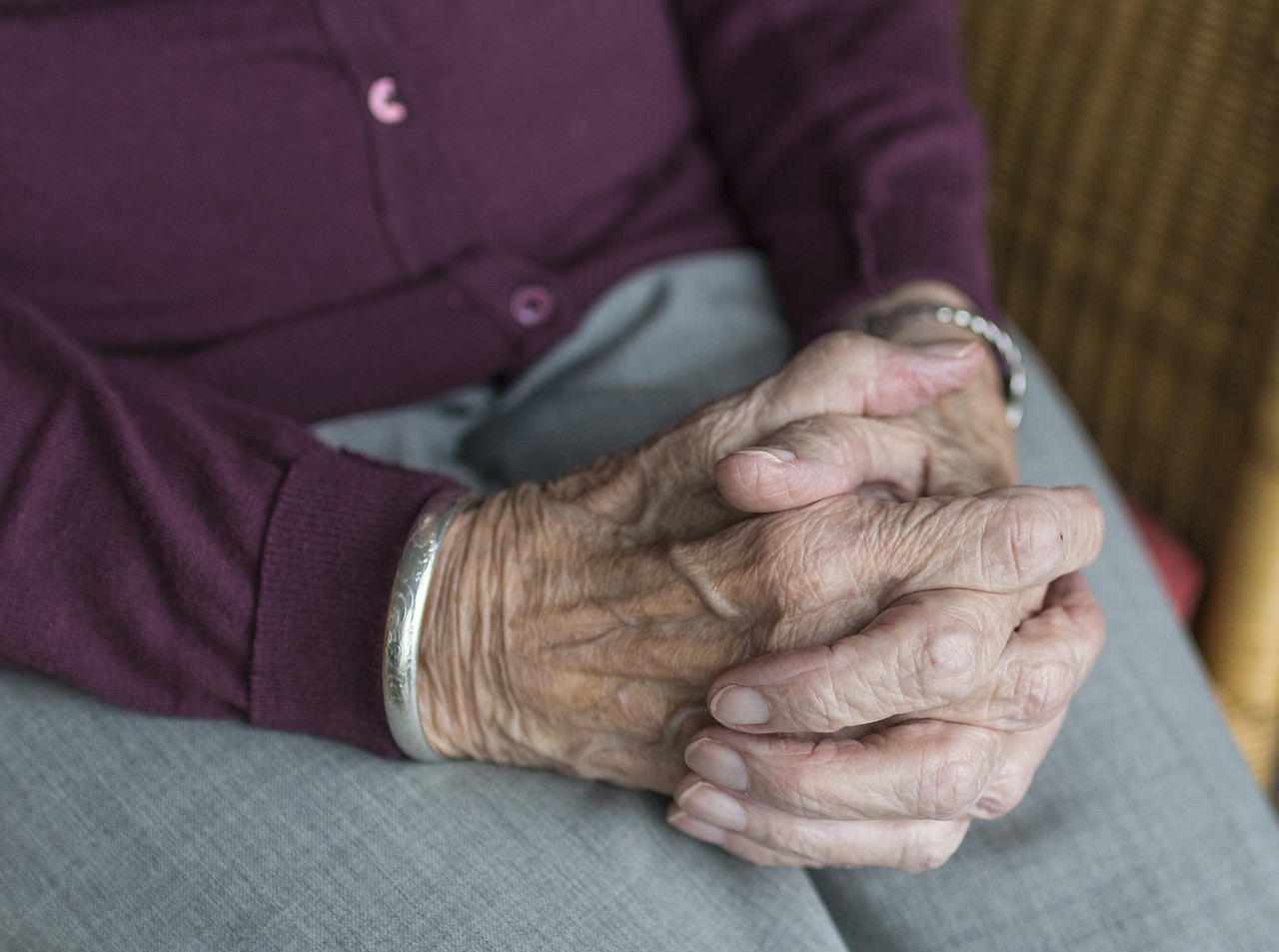
Mitigating Pain in a Loved One With Neuropathy
If you have a loved one suffering from neuropathy while in hospice in San Francisco and elsewhere, you may be looking to understand more about neuropathy and what it is. Peripheral neuropathy results from damage to the nerves outside of the brain and spinal cord (AKA the peripheral nerves), causing weakness, pain and numbness, usually in the hands and feet, according to the Mayo Clinic. This condition can be very painful to those who are afflicted with it. Nerve pain is often related to cancer and its treatments; to kidney disease, diabetes and other illnesses; or as the result of an accident or injury.
Let’s take a closer look at neuropathy and its symptoms.
Symptoms
The peripheral nervous system relays information from the brain and spinal cord to the rest of the body, and likewise the peripheral nerves send sensory information back to the central nervous system. This condition involves a misfiring of signals, whereby the brain receives signals of pain when there is no actual pain. The result is a burning and tingling feeling, or a sharp or stabbing pain. Many times, it’s a combination of these sensations. The pain may be constant, or it may come and go.
Peripheral neuropathy most commonly results from diabetes, although it can result from traumatic injuries, metabolic problems, infections, inherited causes and exposure to toxins. Medication can reduce the pain of neuropathy.
Symptoms include:
- Gradual onset of prickling, numbness, or tingling in the feet or hands, which may start spreading upward into the legs and arms
- Sharp, jabbing, burning or throbbing pain
- Extreme sensitivity to the touch
- Pain during activities that don’t normally cause pain, such as pain in the feet when standing or even while under a heavy blanket
- Lack of coordination, prone to falling
- Weakness in the muscles
- Feeling like you’re wearing gloves or socks when you are not
- Paralysis (when motor nerves are affected)
- Intolerance to heat
- Excessive sweating or the inability to sweat
- Bowel, digestive or bladder problems
- Changes in blood pressure, which may cause dizziness or lightheadedness
What Helps
Typical treatment for nerve pain includes medications and other therapeutic approaches. It may be necessary to try out many different treatments and approaches before settling on the right combination. The hospice care staff can work to find the correct balance to improve quality of life and lessen pain. Medications may include antidepressants, as these work on the parts of the brain that are responsible for processing pain. Anti-seizure medications can also be administered, which are known to calm overactive nerves. Complementary therapies could range from relaxation techniques and massage to acupuncture or physical therapy.
There is no quick and easy solution, though, which can be frustrating for your loved one with neuropathy. The hospice care team is in the best position to create a specialized treatment plan, drawing from their in-depth training in pain and symptom management. They will stay in contact with the team of caregivers and doctors to ensure treatments are working.
Here are some tips on how you can help as the caregiver:
- Take care of their feet, especially if they have diabetes: Check your loved one’s feet every day for signs of cuts, blisters or calluses. Tight shoes and socks tend to make pain and tingling sensations worse. It’s best to don soft, loose cotton socks and padded shoes.
- Encourage healthy meals: For those at a high risk for neuropathy or for those with a chronic medical condition, a healthy diet is especially vital. Emphasize the importance of low-fat meats and dairy products, with a diet that includes fruits, vegetables and whole grains, suggests the Foundation for Peripheral Neuropathy.
- Massage their hands and feet: Massage not only improves circulation and stimulates nerves, it can also temporarily relieve pain.
- Avoid prolonged pressure: Make sure your loved one does not keep their knees crossed or lean on their elbows for long periods of time. This can lead to new nerve damage.
Skills for Coping With Peripheral Neuropathy
Living with neuropathy, chronic pain or disability, especially within hospice, presents daily challenges. Some of these suggestions may help your loved one cope:
- Set priorities: Decide which tasks your loved one must do on a given day, which should be very basic, such as bathing, grooming and eating. If you can, help them with the rest and reassure them that the bills are getting paid and important matters are being dealt with.
- Accept and acknowledge: Encourage your loved one to accept and acknowledge the negative aspects of their illness, but then progress forward to embrace positivity and find daily solutions that curb the pain.
- Visit often: Those who have severe pain, especially in hospice, often can’t get their minds off it. It surrounds them every day. Distractions such as visits from family and friends can take their minds off the discomfort, if even for a little while.
- Get moving: To the extent your loved one is able, make sure they get daily exercise, even if it’s walking up and down the hall or even the driveway. Movement may help.
- Have them talk to a counselor or therapist: Therapy is often a part of hospice. Encourage your loved one to speak to a therapist about their pain as they approach the end of life.
Contact Pathways Home Health and Hospice
To learn more about our hospice program and how we can help your loved one with neuropathy, contact us today at 888-978-1306.

